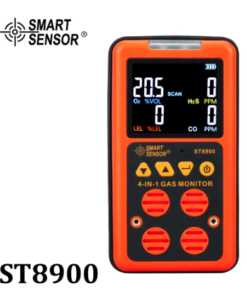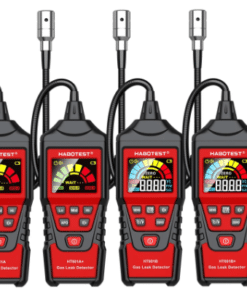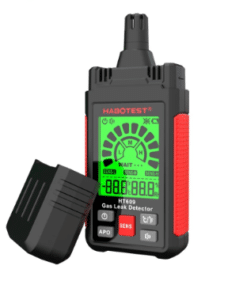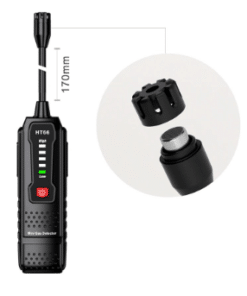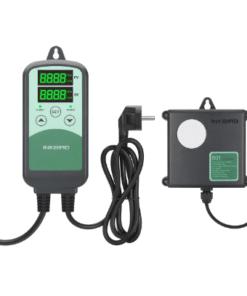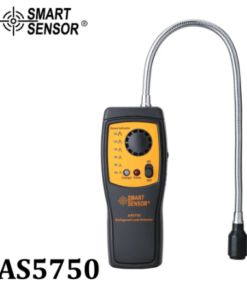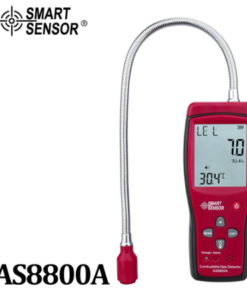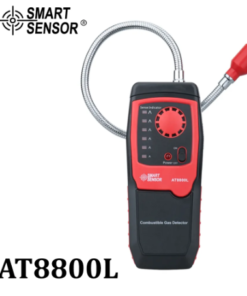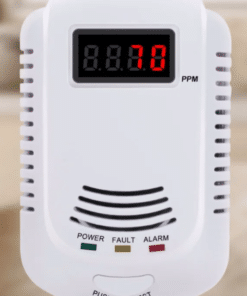Gas Detector: A Sentinel Against Silent Threats
A gas detector is a device designed to detect the presence of specific gases in the air. It’s a crucial safety tool, especially in environments where hazardous gases may accumulate.
How Does a Gas Detector Work?
- Sensor Technology: Gas detectors employ various sensor technologies, including:
- Catalytic bead sensors: These sensors react to combustible gases, such as methane and propane.
- Electrochemical sensors: These sensors are highly specific to certain gases, like carbon monoxide and hydrogen sulfide.
- Infrared sensors: These sensors detect gases by measuring changes in infrared light absorption.
- Semiconductor sensors: These sensors respond to changes in electrical conductivity caused by gas exposure.
- Signal Processing: The sensor’s output signal is processed by the detector’s electronics to determine the gas concentration.
- Alarm Activation: If the gas concentration exceeds a predetermined threshold, the detector activates an alarm, typically a loud audible signal and visual indicator.
Types of Gas Detectors:
- Fixed Gas Detectors: These are permanently installed in specific locations, such as industrial plants, mines, and laboratories.
- Portable Gas Detectors: These are handheld devices that can be carried around to monitor gas levels in various environments.
- Multi-Gas Detectors: These can detect multiple gases simultaneously, making them suitable for complex environments.
Commonly Detected Gases:
- Carbon Monoxide (CO): A colorless, odorless gas that can be fatal.
- Hydrogen Sulfide (H2S): A toxic gas with a rotten egg smell.
- Methane (CH4): A flammable gas.
- Oxygen (O2): Essential for life, but low oxygen levels can be dangerous.
- Chlorine (Cl2): A toxic gas with a strong, irritating odor.
Applications of Gas Detectors:
- Industrial Safety: Monitoring gas levels in factories, refineries, and chemical plants.
- Mining: Detecting dangerous gases in underground mines.
- Fire Safety: Detecting combustible gases that may lead to fires or explosions.
- Home Safety: Monitoring for carbon monoxide leaks in homes.
- Environmental Monitoring: Measuring gas emissions from industrial facilities.
Agriculture Tester
Gas Detector
Gas Detector
Gas Detector
Gas Detector
Gas Detector
Gas Detector
Gas Detector

